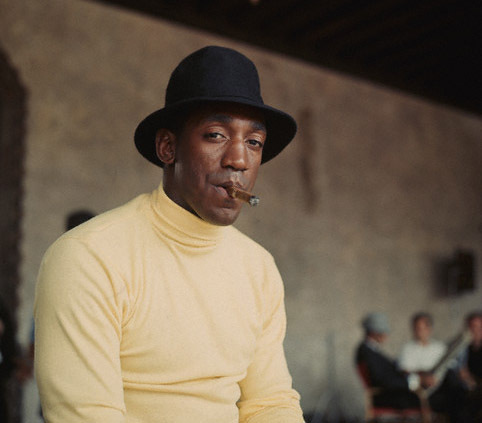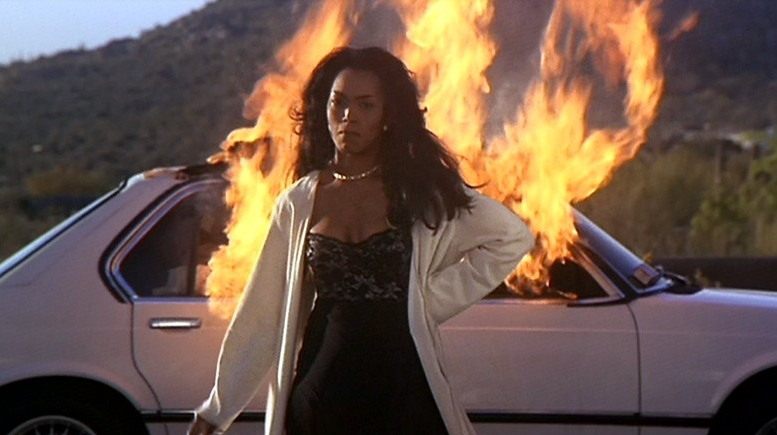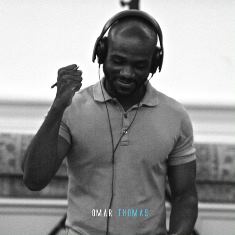My rage as a black person witnessing yet another moment in the endless cycle of racism in the US prevents me from engaging in "level headed" conversations with people who see this terribly unjust Ferguson ruling as just another news story to banter about at the water cooler. I need…
-
Activism - Afrofeminism - Blog - Kumbaya Politics - Race, Culture, Ethnicity - The Political, Personalized
-
Bill Cosby is Guilty of Sexual Assault. Period.
Bill Cosby is guilty of sexual assault. Period.
-
The Revolution Will Be Online: Spectra Speaks with Jay Smooth on Activism in the Digital Era
I'm on a panel with one of my favourite video bloggers, Jay Smooth of Ill Doctrine! At "The Revolution Will Be Online" we'll be chatting about a topic that speaks to the crux of all my work: the power of media, technology, and online conversations to propel change in the…
-
Afrofeminism - Blog - Love Is My Revolution - Special Series - Spirituality - The Political, Personalized
Love as a Revolution Totally Sucks
Ever had one of those days when your ideals, your spiritual beliefs, your politics, your internal moral compass just feels broken? Well, I've been having those days a lot lately. Here's to raising a white flag, and hitting rock bottom, so you can find your way back up.
-
Interview with Omar Thomas, Jazz Composer of Monumental LGBT Civil Rights Hymn, “We Will Know”
I thoroughly enjoyed this interview with award-winning composer, Omar Thomas, about his new album, 'We Will Know', a monumental work of art that breathes new life into the word "movement". Inspired by the popular civil rights protest song, "We Shall Overcome", Omar has just gifted the (U.S.) LGBT civil rights…
Online rulet oyunları gerçek zamanlı oynanır ve online slot casino bu deneyimi canlı yayınlarla destekler.
İnternet üzerinden eğlence bahsegel giriş arayanlar için deneyimi vazgeçilmezdir.
Kullanıcıların hesaplarına hızlı ve sorunsuz bettilt ulaşabilmesi için adresi her zaman güncel tutuluyor.




